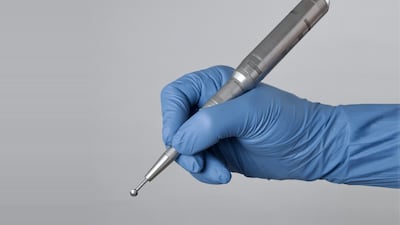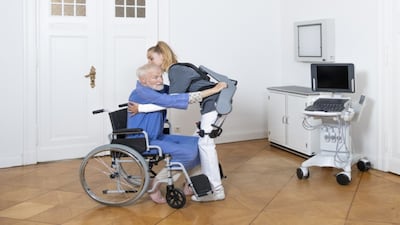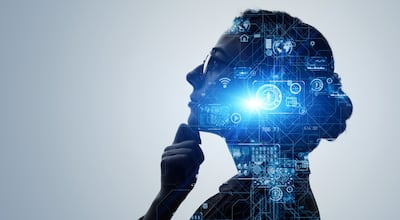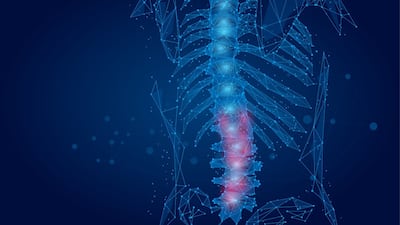Johnson & Johnson’s leadership is putting a positive spin on another quarter of revenue contraction from its medical device division, highlighting the strong results of its Biosense Webster electrophysiology and Cerenovus neurovascular divisions, and the signs of a rebound from its orthopedics business.
During its earnings call on 16 July, the health-care giant reported that its worldwide medical devices sales were $6.5bn in the second quarter of 2019, representing a year-over-year decline of...
Read the full article – start your free trial today!
Join thousands of industry professionals who rely on Medtech Insight for daily insights
- Start your 7-day free trial
- Explore trusted news, analysis, and insights
- Access comprehensive global coverage
- Enjoy instant access – no credit card required
Already a subscriber?





